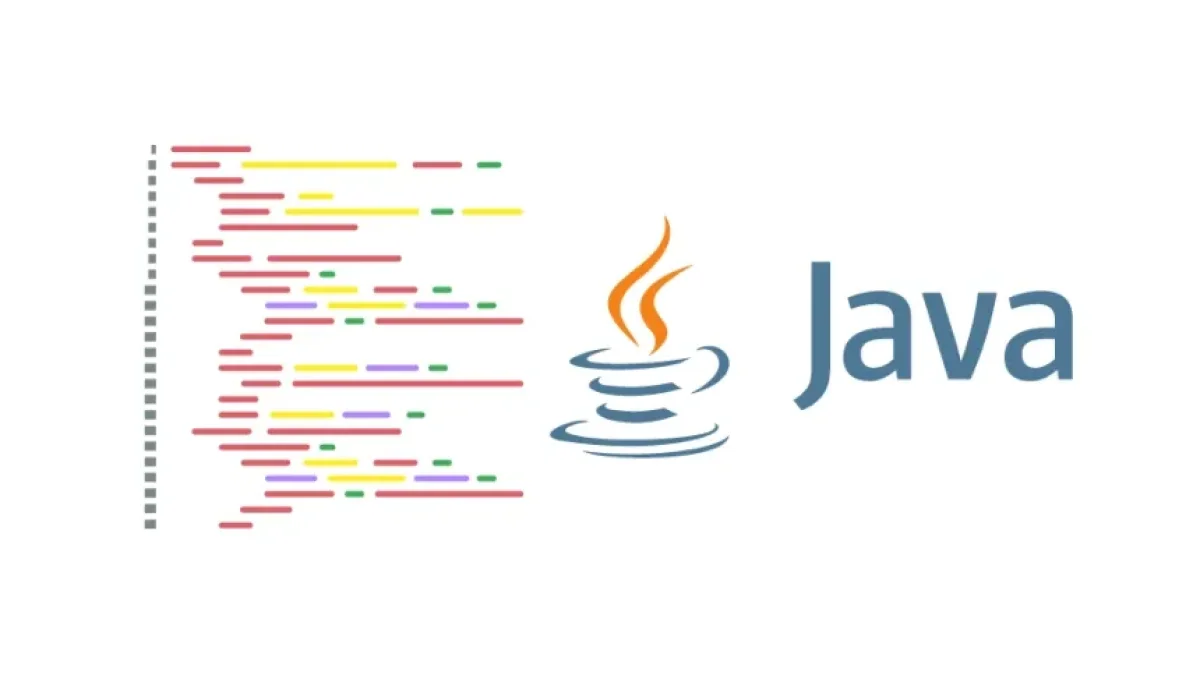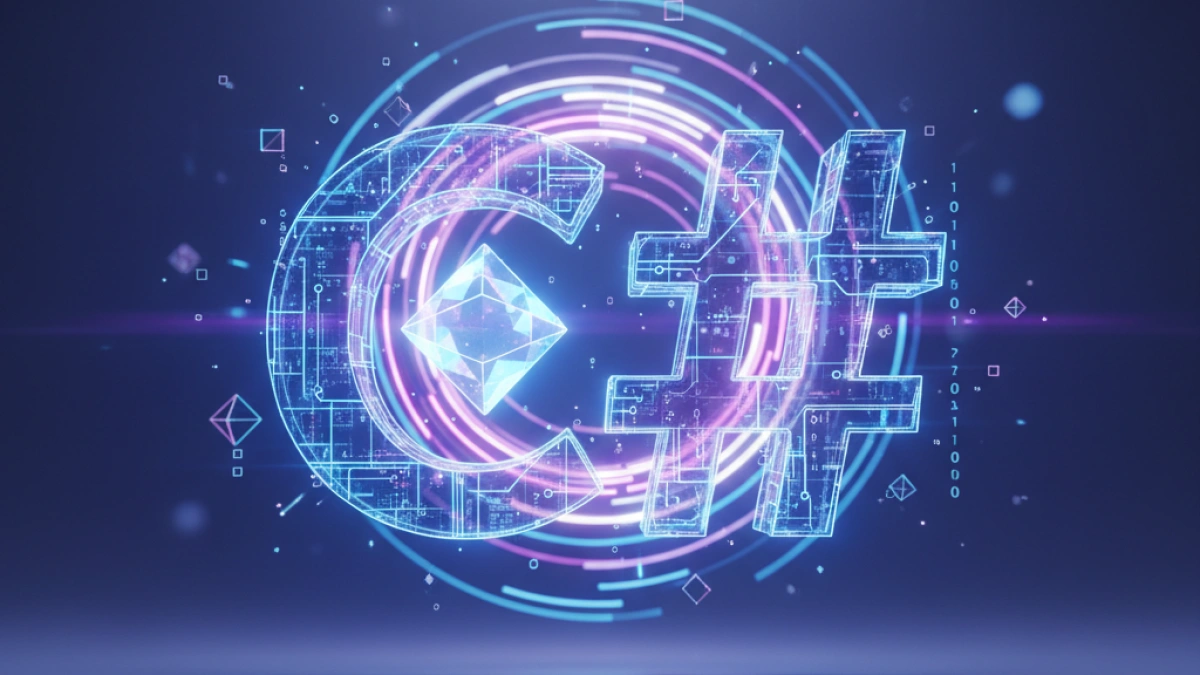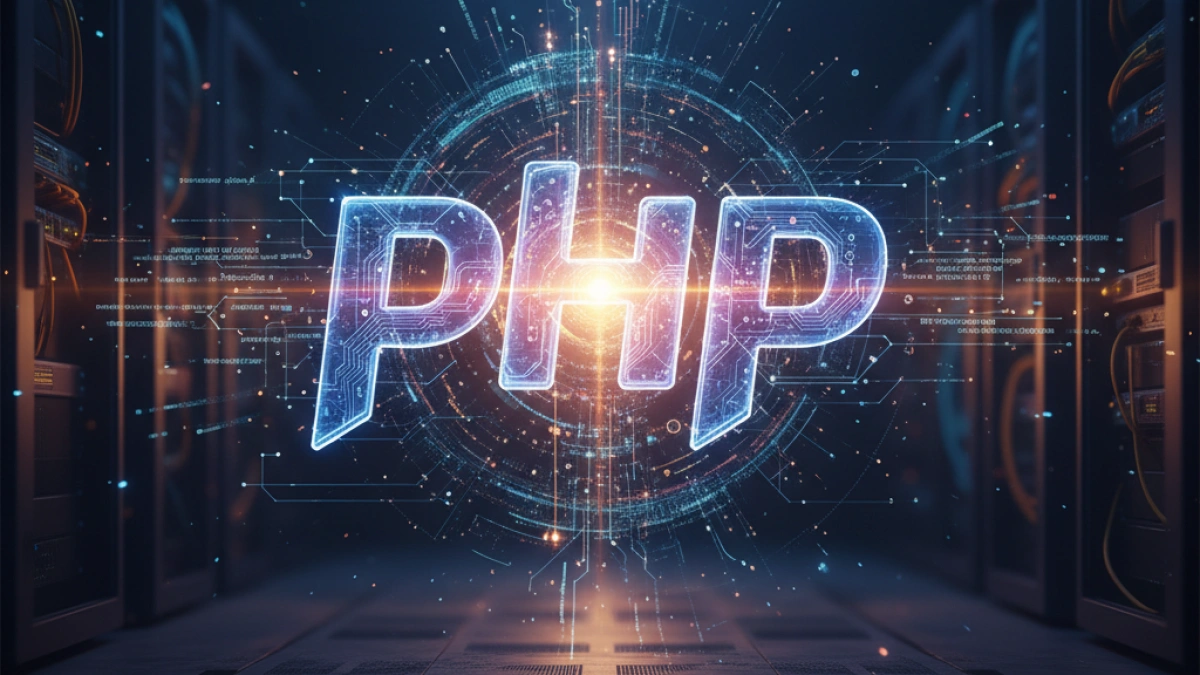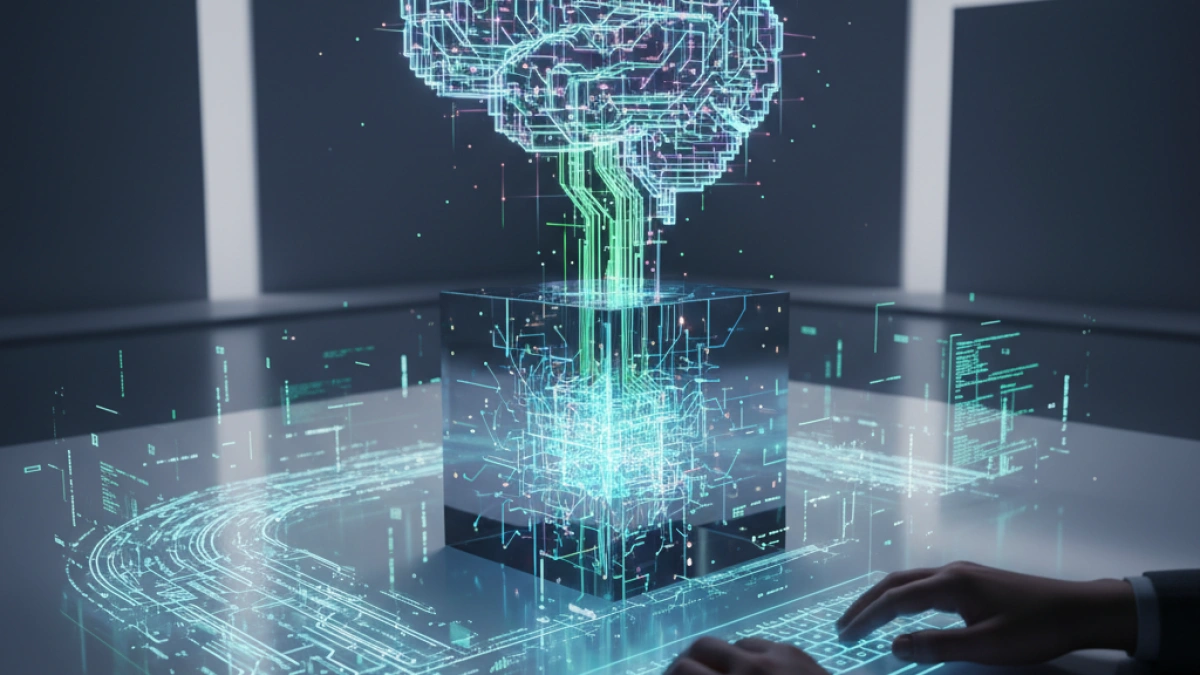What is Python and Why is it So Important? A Beginner's Guide

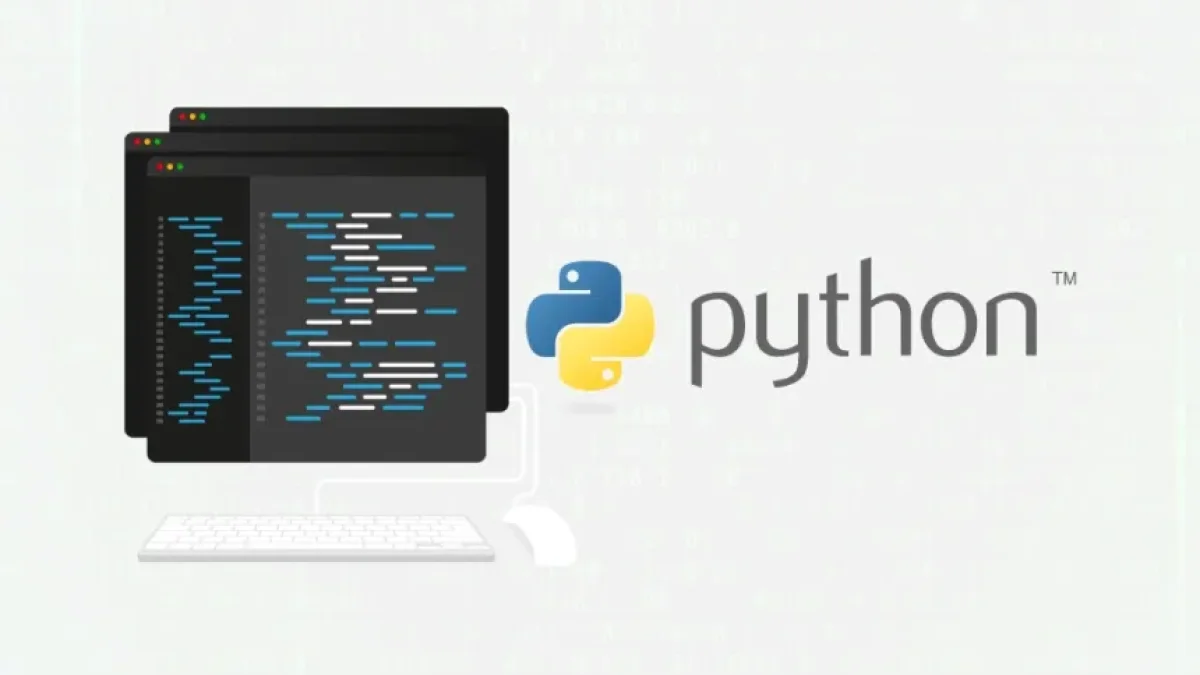
Python is one of the most popular and versatile programming languages in today's world. Since its creation in the 1990s, it has gained immense acceptance within the developer community, academia, and various industries. In this article, we will explore what Python is, its features, and why it is so important in software development and data science.
What is Python?
Python is a high-level, interpreted, and general-purpose programming language. It was created by Guido van Rossum and first released in 1991. Python is characterized by its clear and concise syntax, which makes it easy to learn, especially for beginners.
Features of Python
- Simple Syntax: Python has an intuitive syntax that allows developers to write readable and easy-to-understand code. This makes it ideal for beginners and for rapid application development.
- Cross-Platform: Python is a cross-platform language, which means you can run Python programs on different operating systems like Windows, macOS, and Linux without needing to modify the code.
- Dynamic Typing: In Python, you do not need to declare the data type of a variable; this is automatically handled at runtime, which simplifies programming.
- Extensive Standard Library: Python has a rich standard library that includes predefined modules and functions for various tasks, such as string manipulation, mathematical operations, and file handling.
- Large Community and Support: Python has an active and growing community. This means there are a wealth of resources, such as tutorials, forums, and third-party libraries available to facilitate learning and development.
Importance of Python in Today's World
Python has gained significance in various disciplines and sectors, including web development, data science, artificial intelligence, machine learning, and more. Here are some reasons why Python is so relevant:
1. Web Development
Python is widely used in web development, thanks to frameworks like Django and Flask. These frameworks allow for the efficient creation of robust and scalable web applications.
Read also
- Django: Favored for its focus on speed and simplicity, Django is a framework that enables the building of secure and maintainable web applications.
- Flask: This is a microframework that allows for the development of lighter and more modular applications.
2. Data Science
Python has become one of the most used languages in data science. Tools like Pandas, NumPy, and Matplotlib are essential for data manipulation, analysis, and visualization. Some of the applications include:
- Data Analysis: Python makes it easier to clean and analyze large volumes of data.
- Visualization: With libraries like Matplotlib and Seaborn, you can create impactful graphs and data visualizations.
3. Artificial Intelligence and Machine Learning
Python is the language of choice for many artificial intelligence (AI) and machine learning (ML) projects, due to its simplicity and the availability of powerful libraries like TensorFlow and scikit-learn. These libraries allow developers to efficiently build and train AI models.
4. Task Automation
Python is widely used for automating repetitive tasks and processes. With libraries like Selenium, you can automate interactions with web browsers, while other libraries like BeautifulSoup assist in scraping data from websites.
5. Mobile and Desktop Applications
In addition to its use in web and data science, Python also enables the development of mobile and desktop applications. Tools like Kivy and PyQt make user interface development more accessible.
How to Start Learning Python?
If you're interested in learning Python, here are some recommended steps to get started:
1. Installation
To start programming in Python, you first need to install it on your machine. You can download the latest version of Python from python.org.
2. Learning Resources
- Books: There are many books about Python that can help you understand both basic and advanced concepts. Some popular ones include "Automate the Boring Stuff with Python" and "Python Crash Course."
- Online Courses: Platforms like Coursera, edX, and Udemy offer structured courses that can guide you from the basics to advanced levels.
- Official Documentation: The official Python documentation is an excellent resource for both beginners and experienced developers.
3. Practice
The best way to learn programming is through practice. You can try solving problems on sites like HackerRank or LeetCode, or work on personal projects that you are passionate about.
Conclusion
Python is a powerful and versatile programming language that has gained popularity across various areas, including web development, data science, and automation. Its features, such as simple syntax and a large community, make it an excellent choice for both beginners and experienced developers. By learning Python, you will be well-equipped to tackle the challenges of the modern programming and technology landscape. So, what are you waiting for? Start your journey with Python today!

